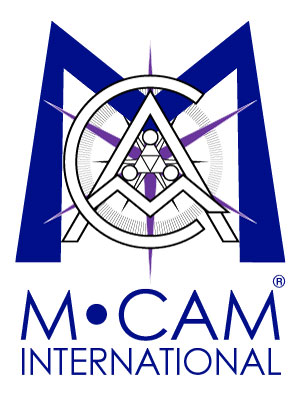Dr. Martin to speak at Duke’s “Collective Action and Proprietary Rights” Conference
Date: Sun, 2005-04-03
Dr. David E. Martin March 4-5, 2005 Dear Dr. Martin, We are writing to invite you to Duke University on March 4-5, 2005 for a two-day conference entitled “Collective Action and Proprietary Rights: Promoting Innovation and Access in Health.” The symposium will focus on cases where proprietary rights on research inputs are posing, or may imminently pose, obstacles to biopharmaceutical R&D. Many of these cases involve diseases that have limited market potential, either because the affected population is poor or because it is small. Hence the need to reduce costs related to licensing, as well as other R&D costs, is particularly acute. These concerns may especially affect genomic innovation, where the ability to “invent around” building blocks of knowledge may be limited. Various groups that are interested in reducing R&D costs have put forward proposals that rely on collective action. Such proposals include: collective efforts by universities and other nonprofit actors to negotiate humanitarian licenses; patent tools/”technology trusts” that rely on liability rules; and “open source” projects directed to neglected diseases. These proposals are complementary. Humanitarian licensing could reduce licensing and transaction costs for prospective projects; patent pools could address existing proprietary thickets; and open source projects that rely on collective efforts by volunteers to reduce R&D costs could also make use of humanitarian licensing and patent pools. This conference will bring together leading thinkers on these proposals, as well as those who are working on parallel efforts in other technology sectors, to exchange ideas with key stakeholders and partnership groups that aim to fund work on neglected diseases. The conference will feature both plenary presentations and “breakout groups” that focus on particular upstream and downstream disease areas. We are extending this non-transferable invitation to you in the hope that you will contribute in specific ways to the conference discussions. At the conference, we will also invite feedback on a new report, commissioned by the World Health Organization’s Commission on Intellectual Property Rights, Innovation, and Public Health and authored by the conference organizers, on the intersection of public-sector technology transfer practices and developing country access to health products. In the next couple of weeks, we would appreciate an e-mail (ghta@duke.edu) confirming whether or not you will be able to participate. We also hope to speak by telephone about your specific contribution to the conference discussions. The conference is jointly sponsored by the Duke Program on Global Health and Technology Access at the Terry Sanford Institute of Public Policy; Duke Law School’s Center for the Study of the Public Domain; and Duke’s newly established Center for the Study of Public Genomics. We have limited funding to support conference participation and can offer economy-class, round-trip airfare (arranged through Duke), plus modest ground transportation costs to and from the airport. On-site accommodations and food will be provided as part of the conference. We hope that you will be able to join us for these exciting discussions. Sincerely, Arti K. Rai, Professor of Law Anthony So, MD, MPA Director, Program on Global Health and Technology Access


Sorry, the comment form is closed at this time.